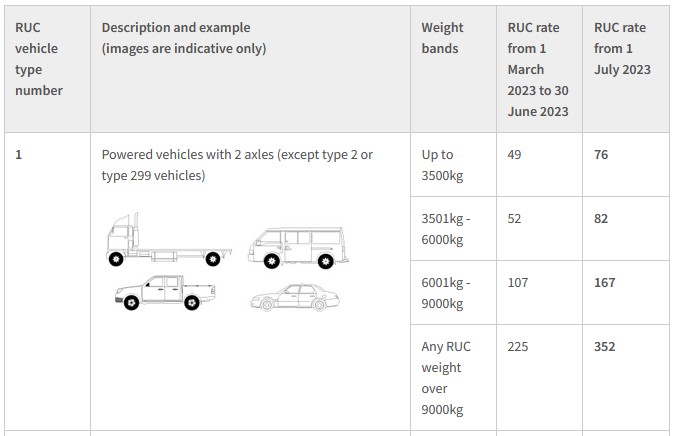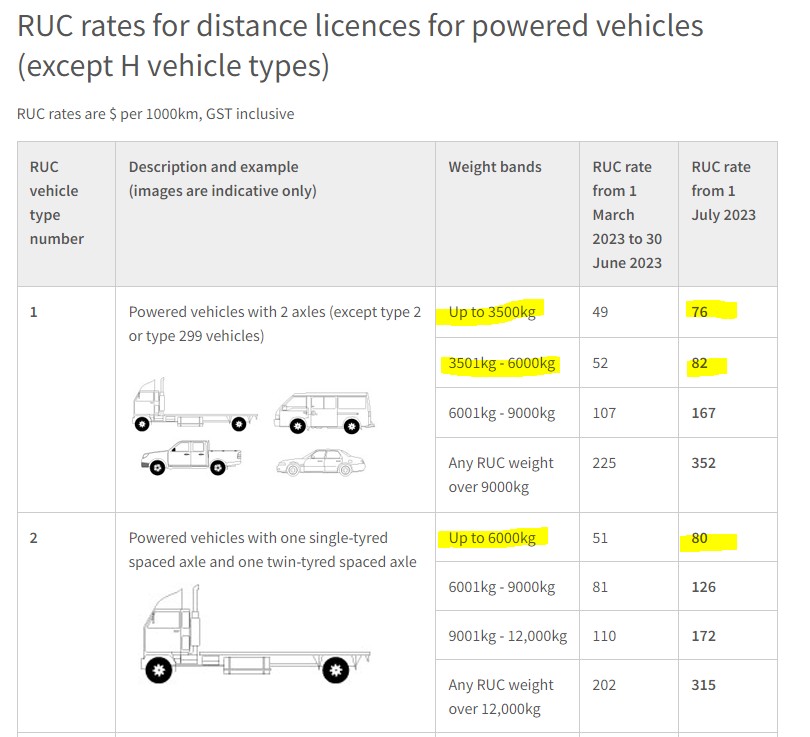Batman:
My car does 16L/100ks. Dunedin is very hilly.
Not to mention boats for some people.
Some cars apparently so 1L/100ks
Question for the Waka is whether they stand to gain or lose by separately billing petrol RUC. Something for them to crunch the numbers. Also the cost of changing system.
Dont follow your post, please elucidate




